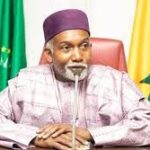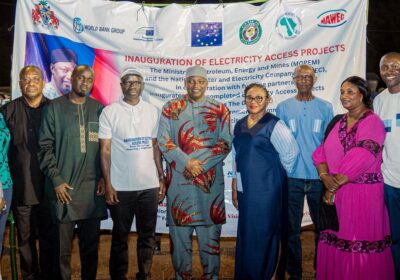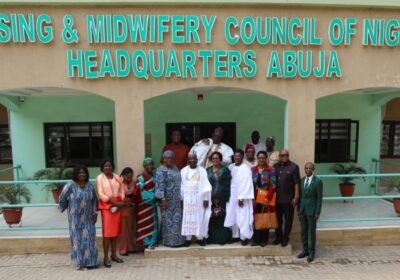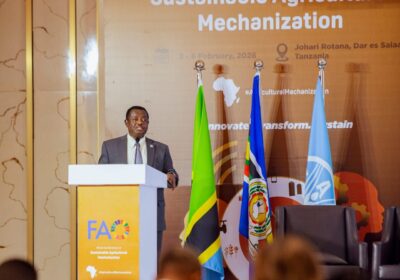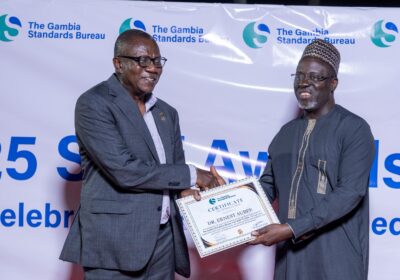Tinubu Charts Bold Initiative for West Africa’s Economic resilience at Inaugural West Africa Economic Summit 2025, Calls for End to ‘Pit-to-Port’ Growth Model.
By Raymond Enoch.
In a powerful and visionary address that is set to define the next era of regional development, President Bola Ahmed Tinubu, Chair of the ECOWAS Authority of Heads of State and Government, opened the inaugural West Africa Economic Summit 2025 with a bold call for unity, integration, and innovation.
Speaking at the International Conference Centre in Abuja before a high-level audience of Heads of State, policymakers, investors, and development partners, Tinubu declared the summit “a defining moment” for West Africa—a region he described as “one of the last great frontiers of economic growth.”
Tinubu’s tone was far from celebratory. Rather than dwell on past efforts, the Nigerian President urged participants to focus on forging a new, pragmatic path forward—one that moves beyond rhetoric into “concrete deals and practical implementation.”
“Opportunity alone does not guarantee transformation,” Tinubu said. “Opportunity is not destiny. We must earn it through vision, integration, policy coherence, collaboration, and capital alignment.”
At the heart of his message was a clarion call to break down barriers to intra-regional trade—still languishing below 10%—by tackling infrastructure deficits, aligning industrial policies, and investing in regional value chains. He warned against relying too heavily on external partners or continuing to compete in isolation.
“Our prosperity depends on regional supply chains, energy networks, and data frameworks,” he said. “We must design them together—or they will collapse separately.”
Tinubu highlighted West Africa’s youthful population as a powerful asset that must be matched with strategic investment in education, digital infrastructure, and entrepreneurship. He cited Nigeria’s initiatives in digital connectivity and skills development, while insisting that no single country can shoulder this burden alone.
The President referenced flagship projects such as the Lagos-Abidjan Highway and the West African Power Pool as proof of what regional cooperation can achieve. But he emphasized the need to transition from “policy frameworks to practical implementation.”
In a striking critique of Africa’s historical economic model, Tinubu called for an end to raw material exports without value addition, urging leaders to move from a “pit-to-port” approach to a future where mineral wealth fuels domestic manufacturing, technology development, and job creation.
“Africa missed previous industrial revolutions. We must not miss the next,” he said. “Our rare minerals power tomorrow’s green technologies. But it is not enough to be resource-rich—we must become value-chain smart.”
While affirming the role of governments in providing a stable, rules-based environment, Tinubu was unequivocal in declaring that real transformation will come from the entrepreneurial energy of the people.
He issued a call to action for tangible outcomes from the summit: improved infrastructure, increased intra-regional trade, inclusive growth, and a renewed commitment to making West Africa a globally competitive, investable, and resilient economic bloc.
“This is the new West African proposition,” Tinubu concluded. “Let us make it real. Let us make it bankable.”
As the summit unfolds over the coming days, the eyes of the continent—and indeed the global investment community—will be on Abuja to see whether this vision of a reimagined West Africa will take root.




